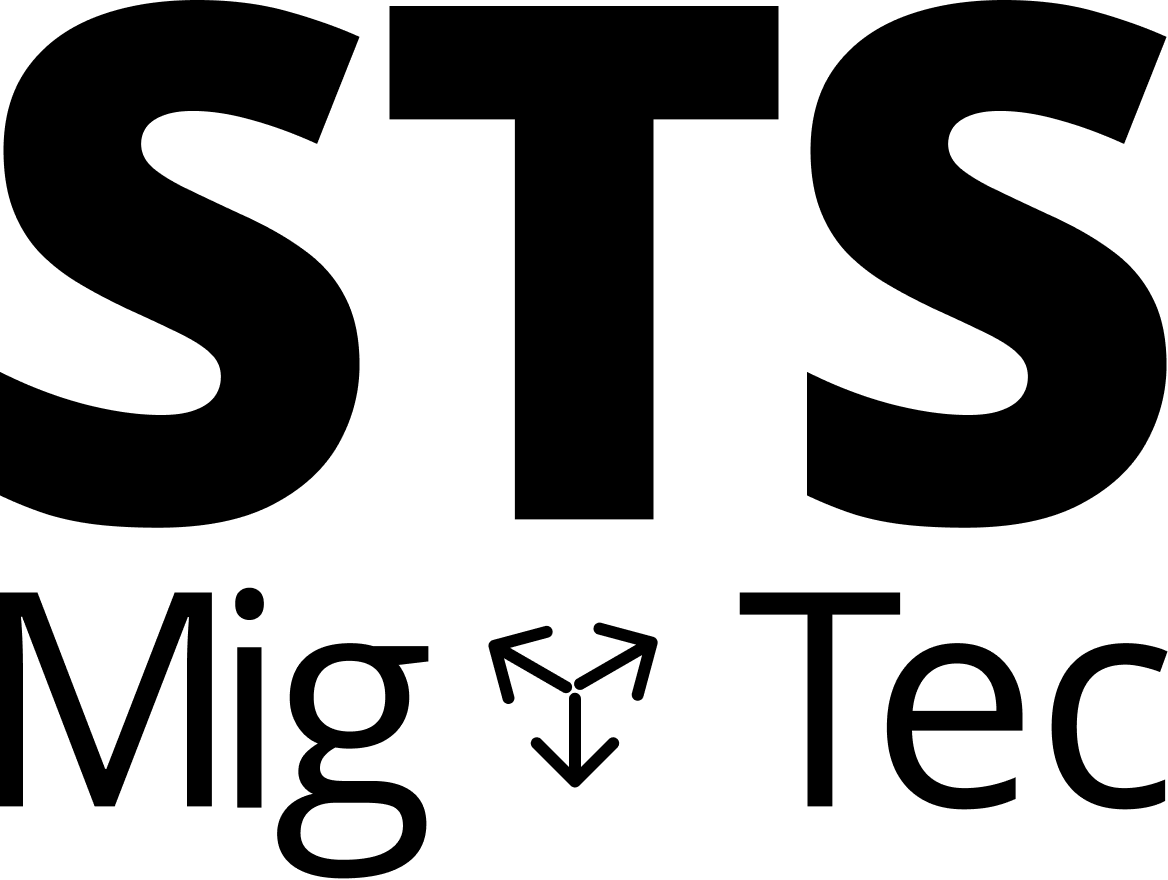Online with Matthias Leese, Assistant Professor at the Department of Humanities, Social and Political Sciences, ETH Zürich.
“Good data, they are trustworthy, first of all. They are clear and… It’s data that I can, yes, the trustworthiness, that is the most important thing for data, I think.” This is how a case officer working at a national level center for international police cooperation in a European country, during an interview, framed the most important requirement for information stored in the Schengen Information System (SIS). The SIS is Europe’s oldest and largest international security database. It pools and redistributes more than 90 million records from 29 countries relevant for law enforcement, border control and asylum, as well as judicial cooperation.
This book empirically investigates the question how operational and technical experts build trust throughout the multi-level digital knowledge infrastructure of the SIS. Building on a qualitative methodological framework, it empirically substantiates the care work that is a central, yet underacknowledged aspect in increasingly data-driven and algorithmically mediated international security contexts. Building on recent problematizations of care work in digital environments, the analysis retraces how security professionals at the national and EU level curate SIS data in different ways.
Understanding the everyday knowledge functions of multi-level information systems through the notions of trust and care has major implications for the study of international politics. As regional and global data collection schemes form the backbone of evidence-based policymaking and interventions, the work of the back office experts responsible for data quality and data governance has largely been silenced. Yet, as this book shows, they carry out key tasks that underpin the ways in which state and private actors perceive the world and act upon it.
Use the form here to sign up for the event: https://forms.gle/w5jPwQ77UvJjfCBQ8
